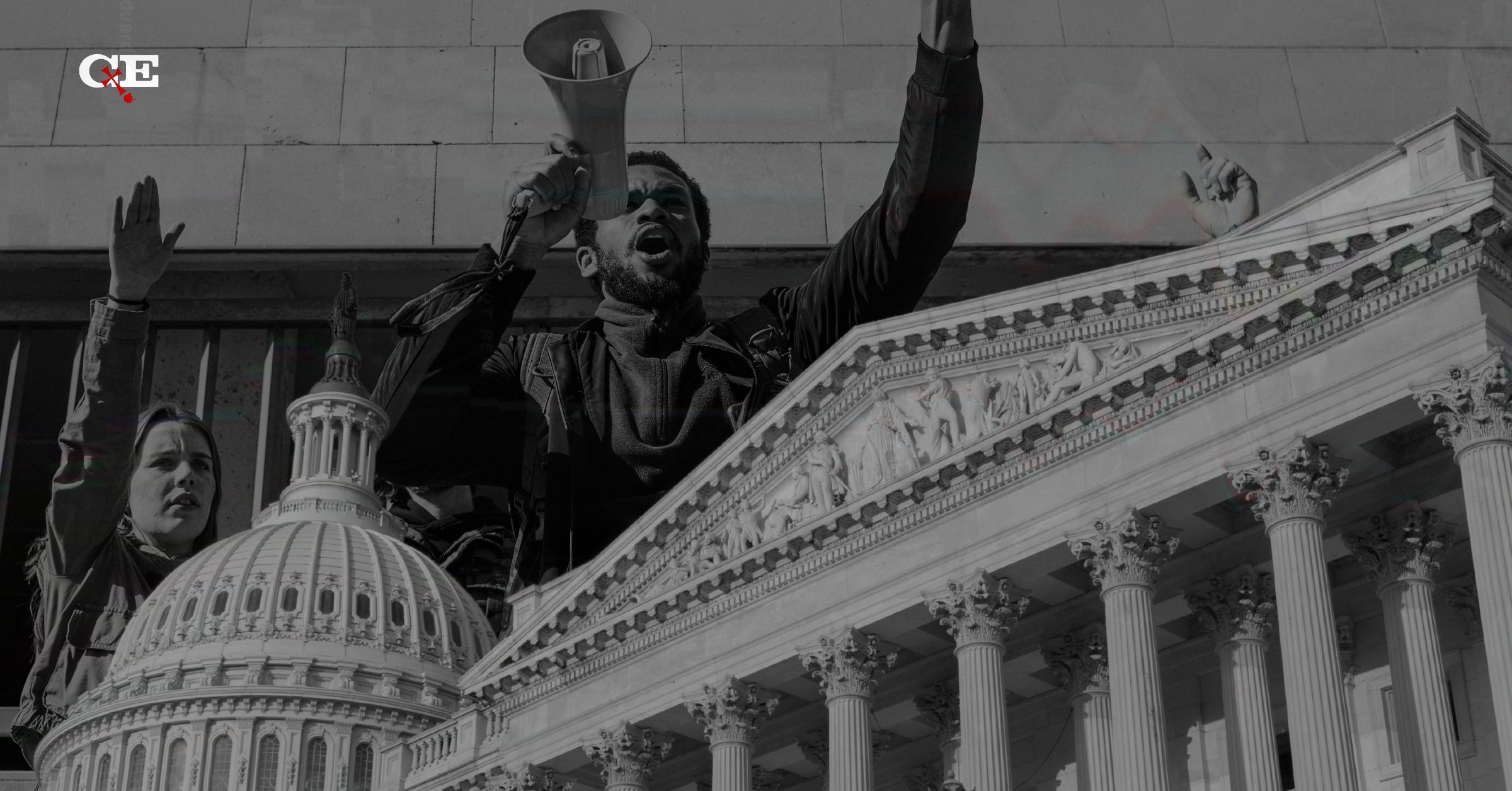Do I HAVE to go to church to be a Christian? The weekend is finally here, but instead of resting, I hop on my to-do list and finish Saturday feeling accomplished and exhausted. But, as I set my alarm for the morning, sometimes, I’m tempted not to rise and shine. Can’t I give God the glory, glory from home?
Can I Worship from Home?
Is worshipping from home a legitimate choice? Am I still a Christian if I don’t go to church? Going to church is not a part of salvation. When we add requirements to salvation or Christianity that Jesus did not, we add burdens and weights to the light yoke of Jesus.
“Going to church doesn’t make you a Christian any more than going to a garage makes you an automobile.” – Billy Sunday
We become Christians by hearing the gospel message and trusting in Jesus for our salvation, not by going to church.
“Because, if you confess with your mouth that Jesus is Lord and believe in your heart that God raised him from the dead, you will be saved. For with the heart one believes and is justified, and with the mouth one confesses and is saved.”
Romans 10:9-10 (ESV)
Our works do not save us.
Salvation is a gift from God that we cannot earn. Thank Heavens! I can’t imagine ever being good enough in a single hour to deserve God’s holy righteousness.
“For by grace you have been saved through faith. And this is not your own doing; it is the gift of God,”
Ephesians 2:8
But, that doesn’t mean you can sleep in on most Sundays and not go to church. That’s because being saved is more than praying some magical prayer. Repenting of your sins and surrendering your life to Christ isn’t something you do once. We all need to choose to carry our cross daily.
As Christians, we are living works of sanctification. Our lives and works on this earth reflect Christ to those who have not yet heard or believed. What we do matters.
“But someone will say, “You have faith and I have works.” Show me your faith apart from your works, and I will show you my faith by my works.”
James 2:18
You don’t need to go to church to be a Christian, but it’s still part of being a Christian.
Yet, our modern idea of church would seem very strange to the apostles. The Bible never tells us to go to a specific building for one hour a week, complain about the air conditioning or worship music, and go home.
The Apostolic Church was a body of believers who did life together. They lived and worked together in community. The early Christians shared their neighbors troubles and were generous with their blessings. They met in homes and were committed to each other as parts of the body of Christ.
We need to go to church as part of covenantal fellowship with a body of believers.
The early church was on mission. They were in the trenches reaching people with the gospel. We need a church body to be as effective as possible in sharing the love of Christ because we are gifted in different ways.
Additionally, we need to belong to a church. My church doesn’t have membership the way most churches used to, but I’ve chosen to commit to this group of people. The people who come to this building every week are family. We support each other and pray for each other.
We need to go to church for others as much as for ourselves.
Generally, western Christians drift in and out of buildings/groups too easily, often without asking ourselves if God has a purpose in my staying in a church that doesn’t perfectly meet my every need?
I’ve learned to be patient in the not perfect, to offer grace when I disagree, to pray for the spiritual growth of the body, and to love those who walk through the door, and love them more like Jesus does.
While I love our worship band, they don’t always play my favorite songs. The pastor’s message is always Biblical and moving, but isn’t always what I think I needed to hear. Yet, the people always are there. I can hug them, say a prayer, ask about their week, bring them a meal.
Do I have to go to church to be a Christian? I’m tired and don’t want to rise and shine. Can’t I give God the glory-glory from home? #Christianity #Church #ChristianLiving Share on X
I’ve seen God use my church body to change me the most when I was serving others through faithful attendance and fellowship.
Lastly, we go to church because it’s part of growing in our walk as Christians.
Through fellowship, we learn to be transformed by the renewing of our minds. Attending a church building, home church, or even a small fellowship group helps us strengthen our relationship with God and our understanding of His word and character. In these difficult times culturally, we need the church family to encourage us as believers to live righteously.
“And let us consider how to stir up one another to love and good works, not neglecting to meet together, as is the habit of some, but encouraging one another, and all the more as you see the Day drawing near.”
Hebrews 10:24-25
By attending church, we develop relationships that help refine us, with people who challenge us, to reject the sinful thoughts and beliefs of the world.
No, you don’t need to go to church to be a Christian, but we all should to grow as members of the body of Christ.
We all miss Sundays here and there. We don’t attend every pancake breakfast or women’s tea, but church attendance should be a priority. But the more I go, the more I seek God, the more I want to go. You will be blessed and be a blessing as part of a group of people pursuing the great commission of Christ.
Recommended Resources:
Another Gospel? by Alisa Childers (book)
How Can Jesus Be the Only Way? (mp4 Download) by Frank Turek
Jesus, You and the Essentials of Christianity by Frank Turek (INSTRUCTOR Study Guide), (STUDENT Study Guide), and (DVD)
Was Jesus Intolerant? by Frank Turek (DVD and Mp4)
Jennifer DeFrates is a former English and Social Studies teacher turned homeschool mom and Christian blogger at Heavennotharvard.com and theMamapologist.com. Jennifer is a 2x CIA graduate (the Cross-Examined Instructors Academy) and volunteers with Mama Bear Apologetics. She has a passion for discipleship through apologetics. Her action figure would come with coffee and a stack of books. She is also the reluctant ringleader of a small menagerie in rural Alabama.
Originally posted at: https://bit.ly/45HQtGa








